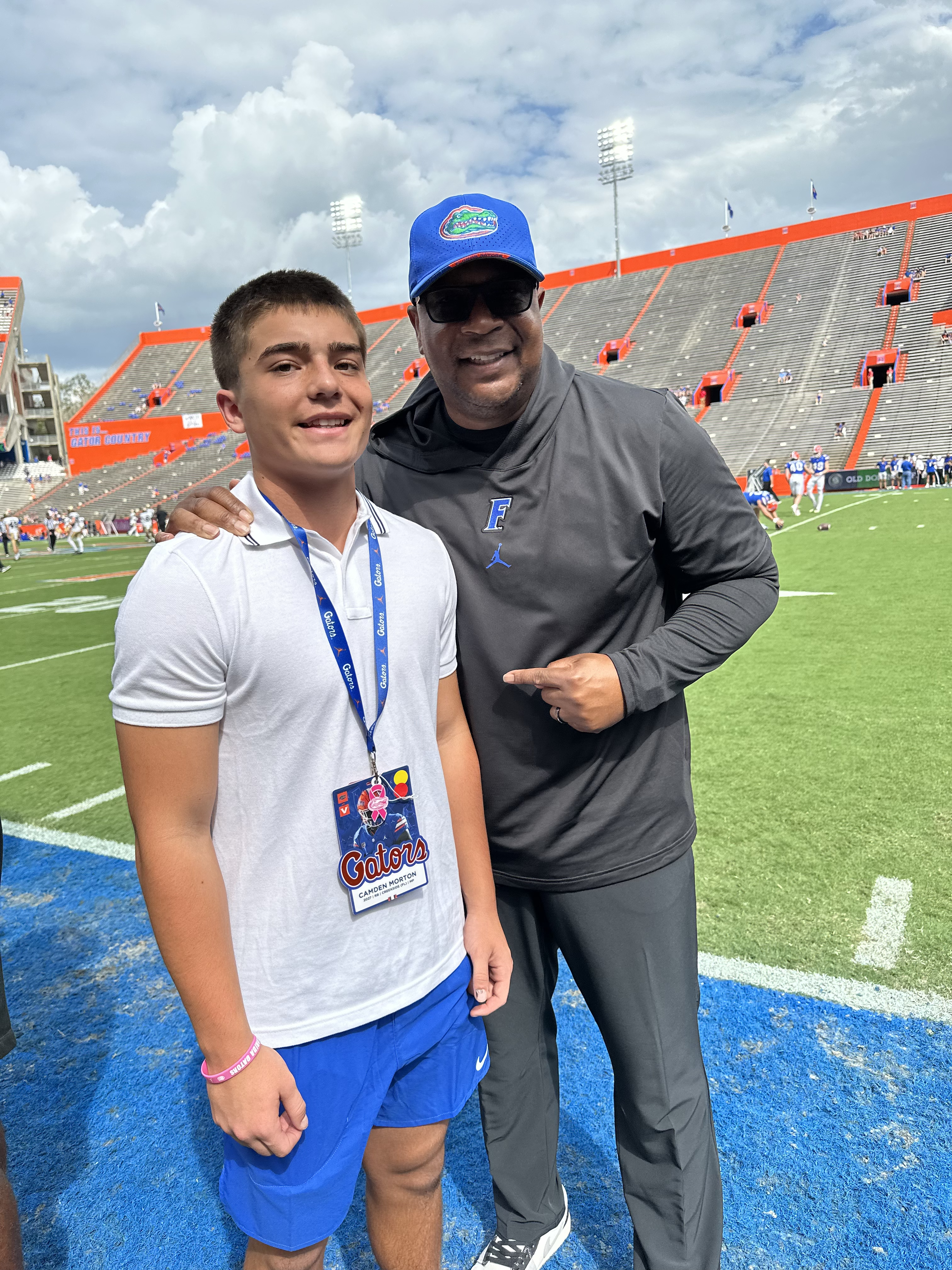College football recruiting is a dynamic and intricate process that holds the key to unlocking the doors of higher education and athletic prowess for aspiring young athletes. As the journey from high school to college football unfolds, understanding the nuances of the recruiting game becomes paramount. This blog post delves into the essential aspects of college football recruiting, providing insights, tips, and strategies for prospective student-athletes aiming to make their mark on the gridiron.
The Importance of Preparation: Successful college football recruiting begins with thorough preparation. High school athletes must recognize the significance of presenting a comprehensive and compelling profile to prospective college coaches. This involves meticulous planning, starting early, and being proactive in the pursuit of opportunities.
- Academic Excellence:
- Academic achievement serves as the cornerstone of college football recruiting. Prospective student-athletes must prioritize maintaining a strong GPA and completing the required core courses. Familiarity with NCAA eligibility criteria ensures a smooth transition to collegiate athletics.
- Highlight Tapes and Performance Metrics:
- Crafting an attention-grabbing highlight tape showcasing athletic prowess is a crucial step. This visual representation of skills and achievements is often the first introduction to college coaches. Including performance metrics and statistics provides quantitative evidence of an athlete’s capabilities.
- Engaging with Coaches:
- Actively engaging with college coaches is an integral part of the recruiting process. Initiating communication, attending showcases, and making personal visits to college campuses demonstrate genuine interest and commitment.
**Pro-Tip: Using third-party facilitators, such as consultants, can offer several benefits to high school athletes aspiring to play college football. Don’t worry, we will cover more on the specific benefits in another article.
The Role of Social Media: In the digital age, social media plays a pivotal role in college football recruiting. Student-athletes can leverage platforms like Instagram, Twitter, and TikTok to build a personal brand, connect with coaches, and showcase their journey.
- Building a Strong Online Presence:
- Creating a professional online presence involves curating content that reflects both athletic prowess and personal character. Consistent branding, engaging posts, and interaction with followers contribute to a positive image.
- Showcasing the Journey:
- Beyond the game, athletes can use social media to showcase their off-field endeavors. This includes community service, academic achievements, and glimpses into the day-to-day life of a student-athlete. Humanizing the recruiting process creates relatability.
- Utilizing Direct Messaging:
- Direct messaging on social media platforms provides a direct channel of communication with college coaches. Prospective student-athletes should use this tool strategically, expressing interest and providing updates on achievements.
Navigating NCAA Rules and Regulations: A foundational aspect of college football recruiting is a comprehensive understanding of NCAA rules and regulations. Navigating these guidelines ensures compliance and a smooth transition into collegiate athletics.
- NCAA Eligibility Center:
- Registering with the NCAA Eligibility Center is a critical step. This process involves submitting academic records, standardized test scores, and other pertinent information to determine eligibility.
- Core Course Requirements:
- Fulfilling the required core course curriculum is essential. Student-athletes must align their high school coursework with NCAA guidelines to meet eligibility standards.
- Maintaining Amateur Status:
- Athletes must maintain their amateur status throughout the recruiting process. Understanding the regulations surrounding endorsements, benefits, and amateurism ensures a seamless transition into collegiate competition.
- Communication with Compliance Officers:
- Establishing communication with high school compliance officers and NCAA compliance staff is advisable. Seeking guidance on rules interpretation and compliance ensures a proactive and informed approach.
Making Informed College Choices: The recruiting journey culminates in the critical decision of selecting the right college. Beyond athletic considerations, student-athletes should weigh factors such as academic programs, campus culture, and overall fit.
- Academic Fit:
- Choosing a college that aligns with academic goals is paramount. Considering academic programs, resources, and support services ensures a holistic and fulfilling college experience.
- Athletic Program Dynamics:
- Evaluating the coaching staff, team dynamics, and playing style within a college’s football program is crucial. Student-athletes should assess how their skills align with the team’s needs and coaching philosophy.
- Campus Culture and Lifestyle:
- Understanding the campus culture, lifestyle, and extracurricular opportunities helps in determining overall satisfaction with the college experience. A well-rounded environment contributes to personal and athletic growth.
College football recruiting is a transformative journey that demands dedication, strategic planning, and a commitment to excellence both on and off the field. Prospective student-athletes can navigate this process successfully by embracing preparation, leveraging social media, understanding NCAA rules, and making informed college choices. The pursuit of collegiate football dreams is not just about the game—it’s about fostering personal growth, building lasting connections, and embracing the opportunities that higher education and athletic competition bring. As the recruiting journey unfolds, athletes equipped with knowledge and determination are poised to leave an indelible mark on the gridiron and beyond.
Comments are closed.


